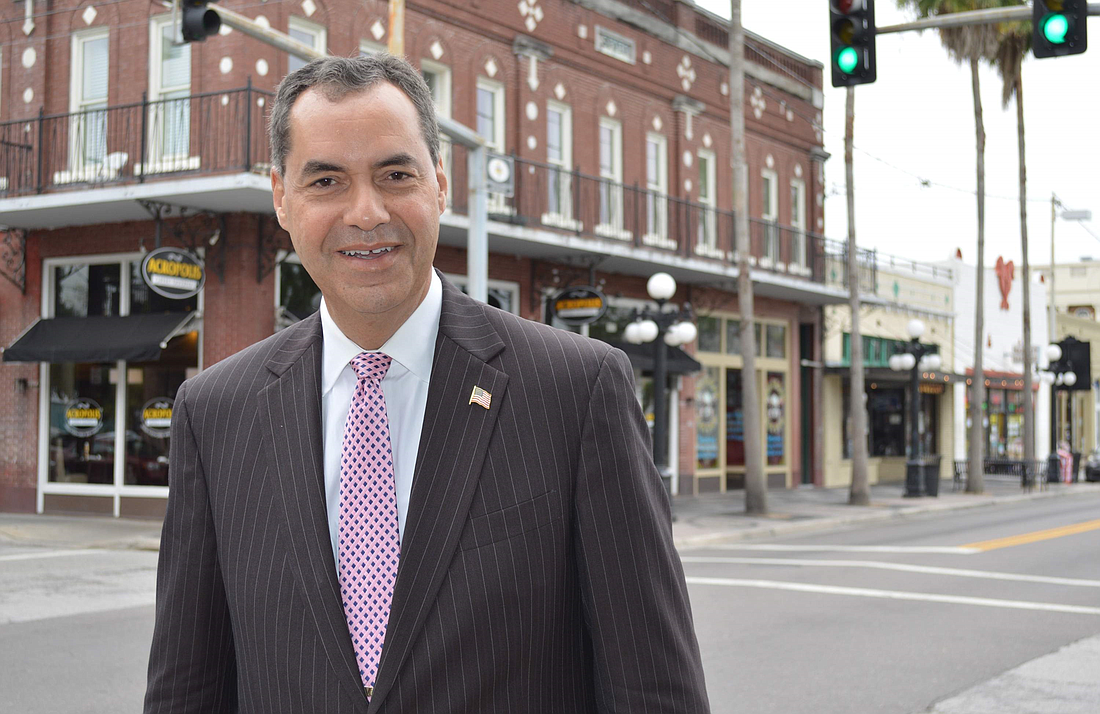- December 13, 2025
-
-
Loading

Loading

Editor’s Note: The squabble between banks and credit unions regarding taxes has been going on for at least a decade — banks pay them, credit unions are exempt. But some bankers are making a more concerted effort for change, hoping the pro-business Trump Administration is more receptive to change. Two industry leaders weigh in on the issue.
Keep the exemption